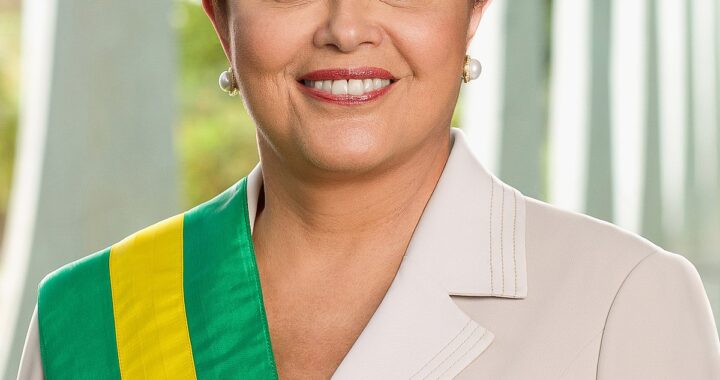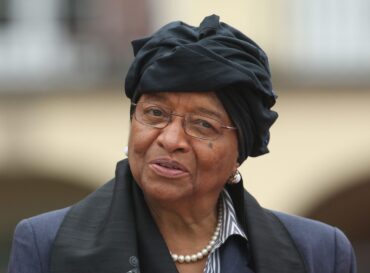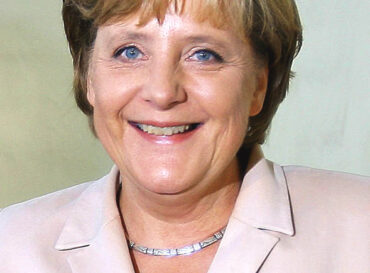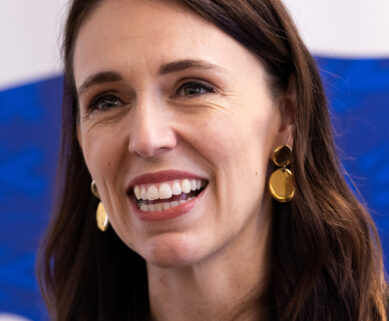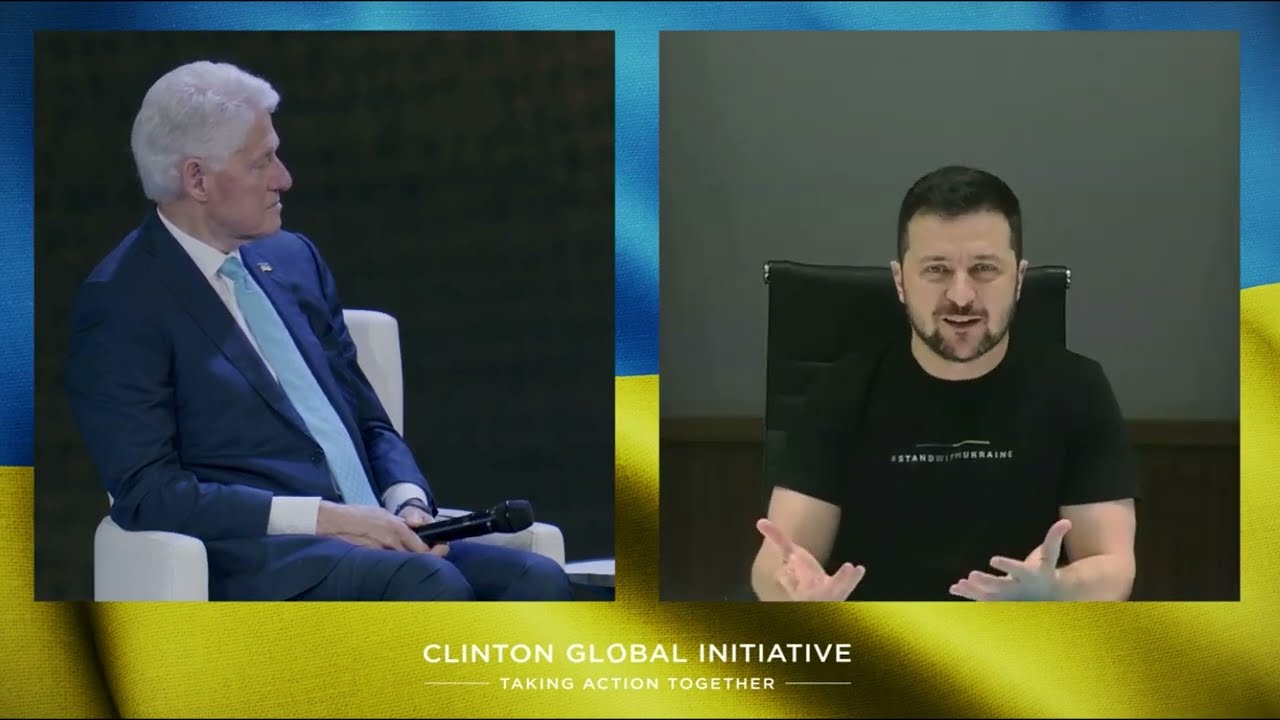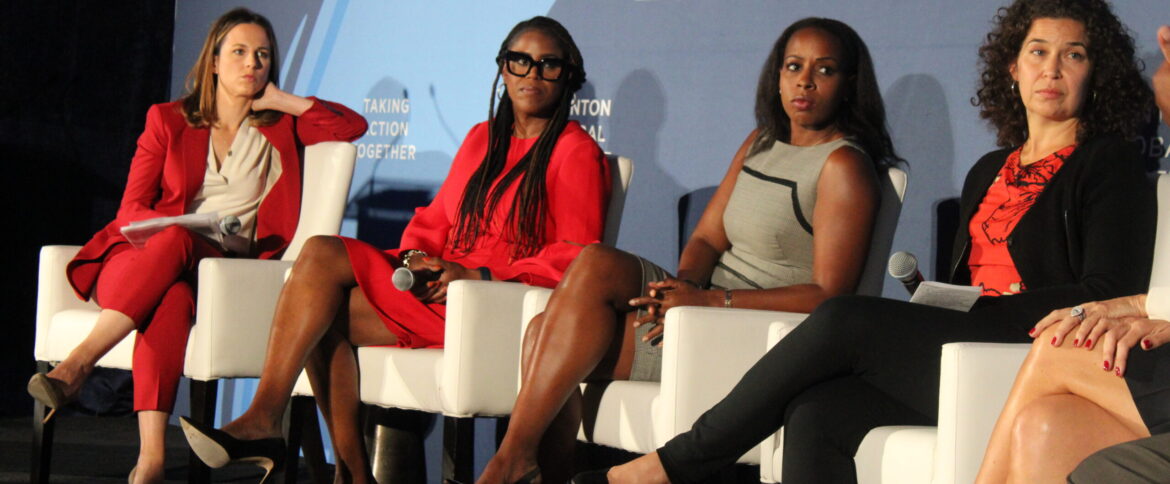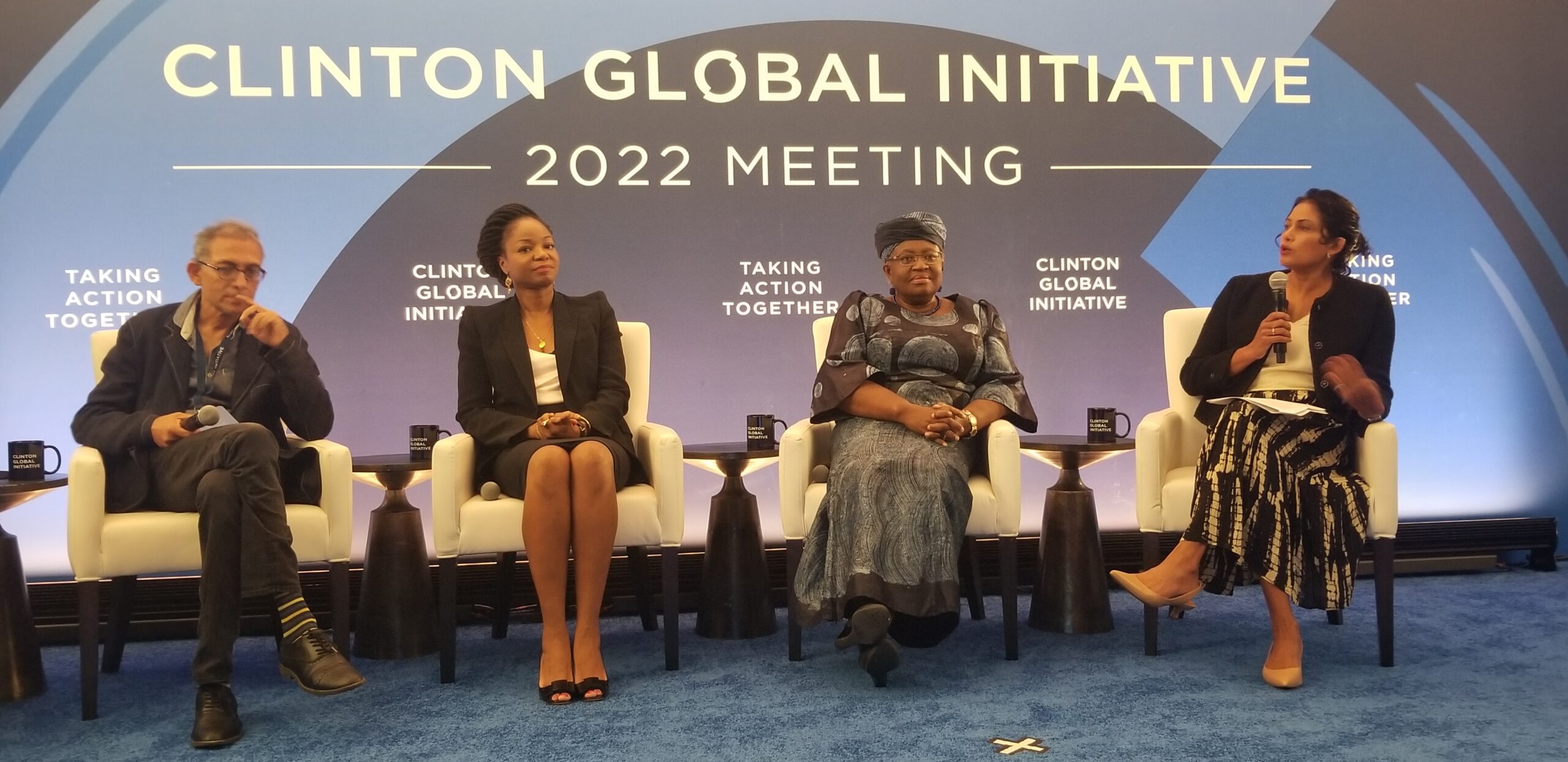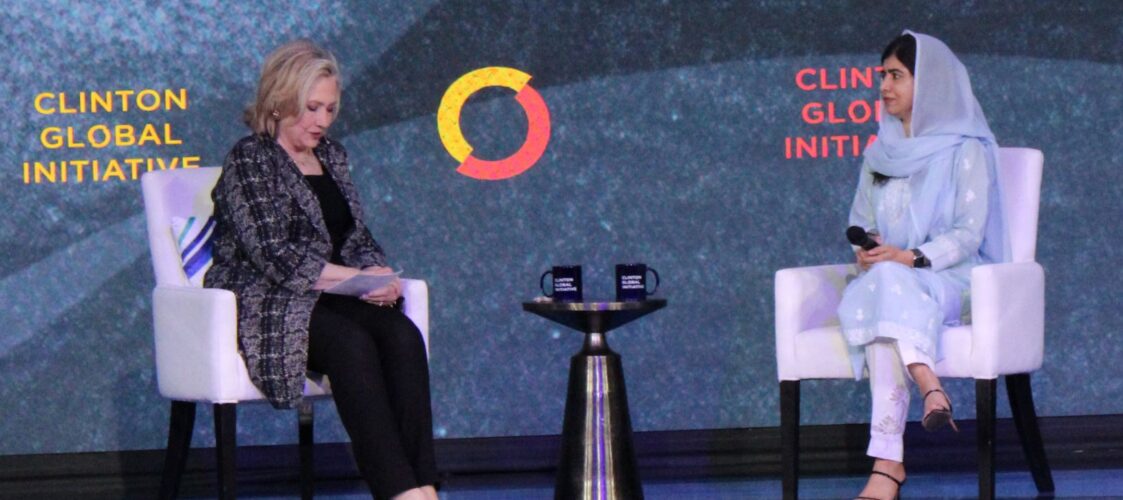For Immediate Release: September 30, 2024
Hillary and I are deeply saddened by the passing of our friend Dikembe Mutombo, a legendary basketball player, devoted humanitarian, and profoundly good man. I’ll never forget hosting his large family at the White House. They filled the whole stairway down to the South Lawn.
As commanding as he was on the court, he was even better off it, with a big heart to match his 7-foot-2-inch frame, a great sense of humor, and an unshakeable commitment to helping people everywhere, especially in his native Democratic Republic of the Congo. His proudest achievement was the state-of-the-art hospital he built in Kinshasa in honor of his mother, which Hillary loved visiting in 2009.
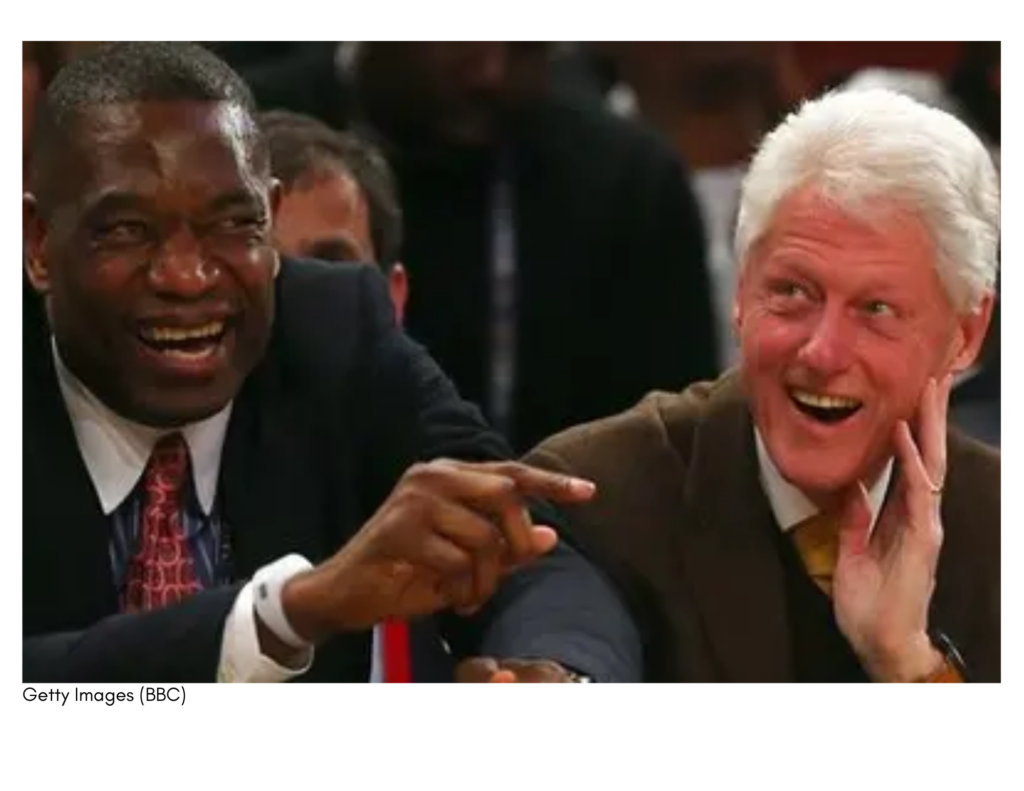
Dikembe was also an active member of the Clinton Global Initiative community from the very beginning, making and keeping commitments to support the hospital and more economic opportunity across Africa. He was the real deal and inspired everyone at CGI to follow his lead. He once told me that he blocked shots for a living, but he lived to save lives and open doors.
Our thoughts and prayers are with Rose, his children, and everyone else who loved him, was inspired by him, and is living a better life today because of him.





